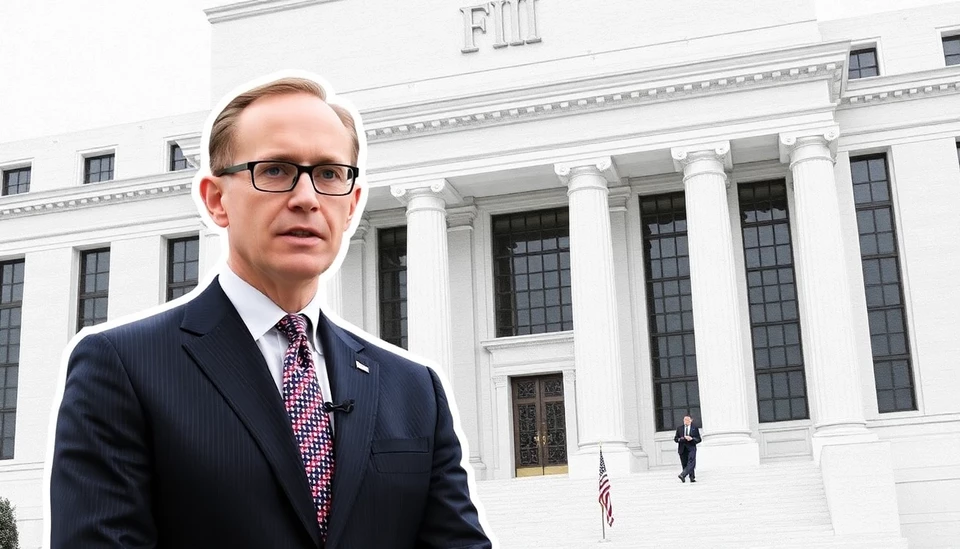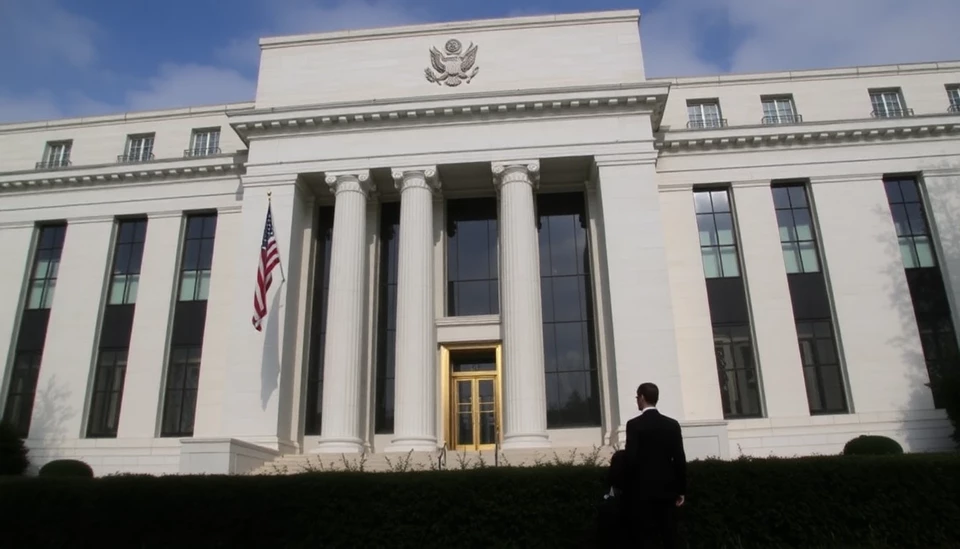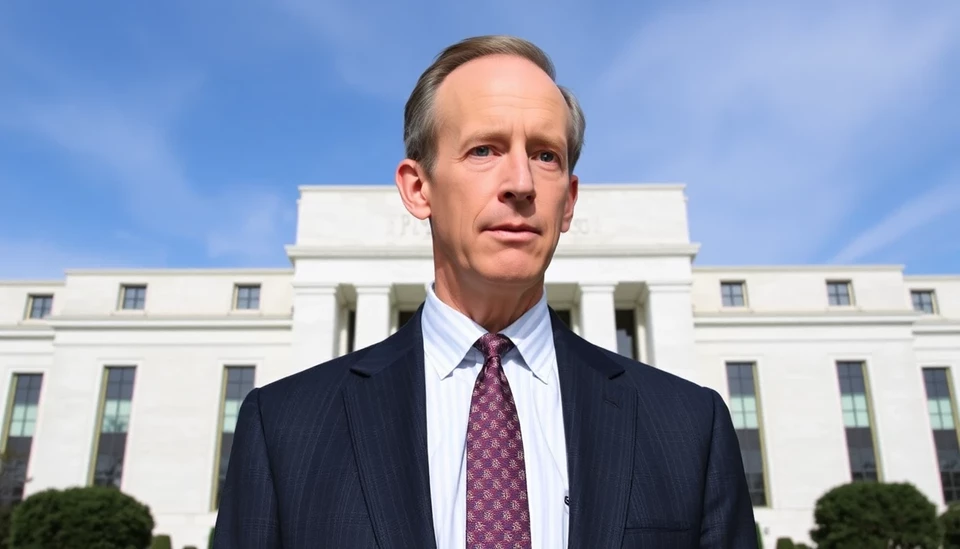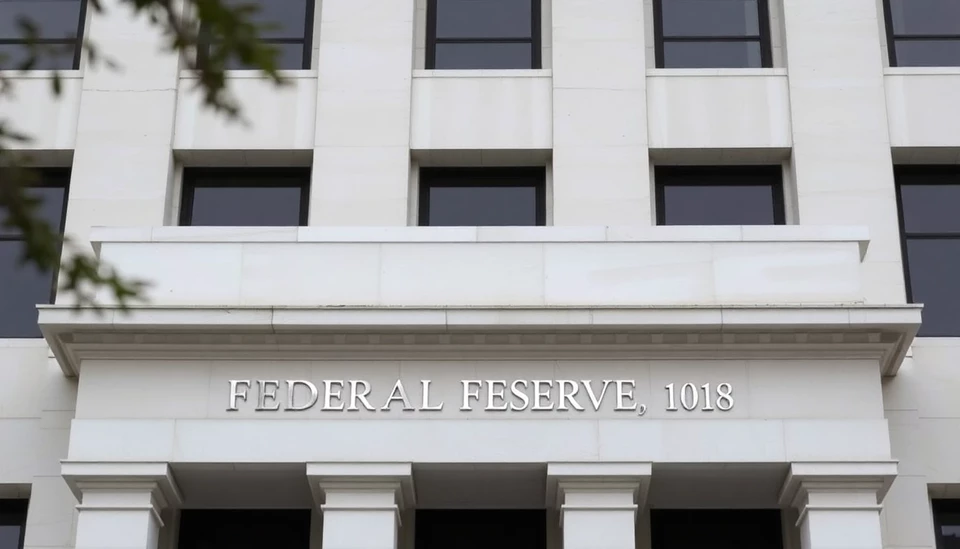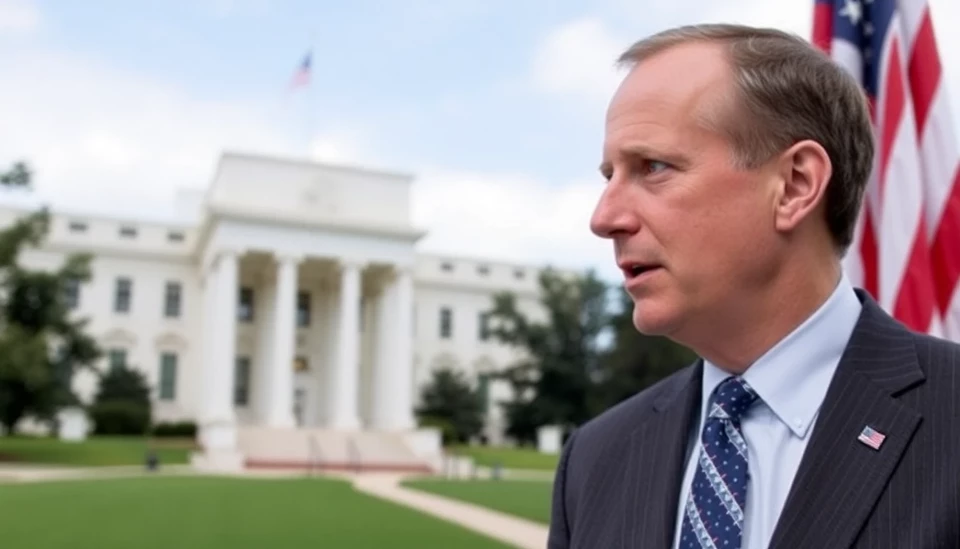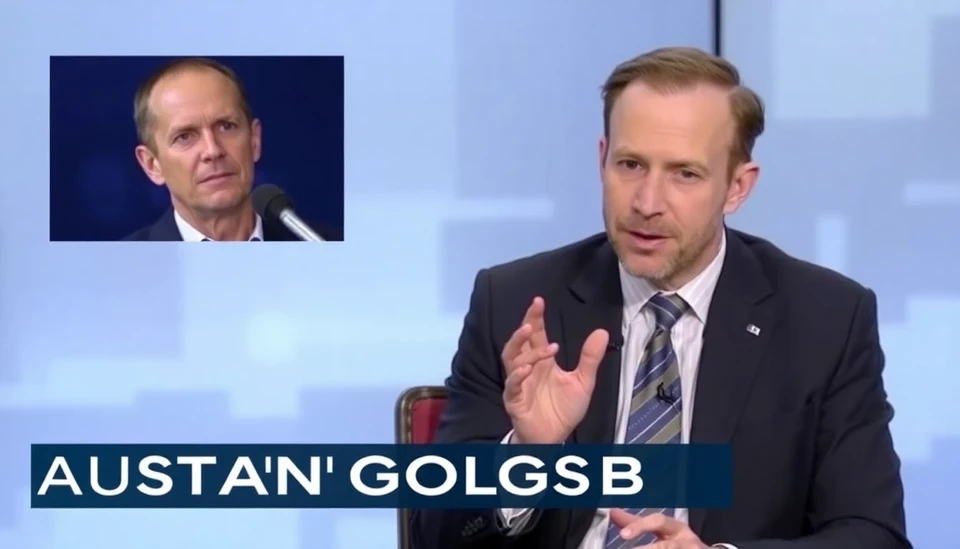
In a recent episode of Bloomberg's "Odd Lots" podcast, Austan Goolsbee, the president of the Federal Reserve Bank of Chicago, engaged in a comprehensive dialogue regarding the current economic landscape and how it diverges from past cycles. As the economy recovers from various repercussions of the pandemic, Goolsbee's insights shed light on the factors shaping this distinctive economic era.
One of the salient topics discussed was the surprising resilience of consumer spending, which has been a significant driver of the economic recovery. Goolsbee emphasized that unlike previous cycles, where consumer confidence would swiftly decline during downturns, the recovery phase has demonstrated a robust tenacity. He attributes this resilience to a combination of factors, including government stimulus measures and a strong labor market, which collectively provided a safety net for consumers.
Additionally, Goolsbee touched on the unique inflationary pressures faced during this cycle. He pointed out that the current inflation, while a concern for policymakers, is influenced by distinct variables compared to historical precedents. For instance, supply chain disruptions, exacerbated by the pandemic, have played a vital role in driving prices upward, highlighting a fundamental shift in how inflation manifests across different economic climates.
The conversation also drifted towards monetary policy. Goolsbee iterated the Fed's approach of carefully navigating through interest rate adjustments to counteract inflation without stifling the ongoing recovery. Instead of the more aggressive strategies employed in past economic crises, Goolsbee suggested that a more measured approach is necessary in light of the unique characteristics of the present economic environment.
Moreover, the podcast detailed Goolsbee's reflections on the labor market's evolution. Notably, he expressed concerns about potential mismatches between job openings and workforce skills, which could hinder sustained economic growth. This has led to discussions surrounding training and education programs aimed at bridging these gaps to ensure that the labor force is equipped to meet the demands of an ever-changing job market.
As the podcast wrapped up, Goolsbee offered a cautious, yet optimistic, outlook on the future of the U.S. economy. His belief in the resilience of the economic recovery was tempered with an understanding of the complexities that lie ahead. Challenges such as divergent consumer behavior, supply bottlenecks, and labor market dynamics will continue to shape the economic landscape as we move forward. The key takeaway remains that while this economic cycle is marked by unprecedented elements, the adaptability of both consumers and policymakers will play a pivotal role in navigating the road ahead.
Listeners and readers alike are encouraged to stay informed about economic developments and adjustments that might emerge as the policies take effect in an ever-evolving financial milieu.
#AustanGoolsbee #Economy #FederalReserve #ConsumerSpending #Inflation #MonetaryPolicy #LaborMarket #EconomicRecovery #Podcast
Author: Rachel Greene
